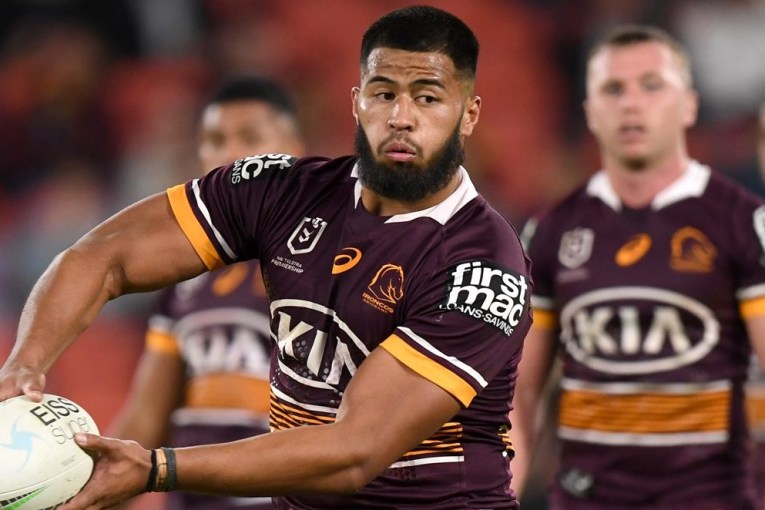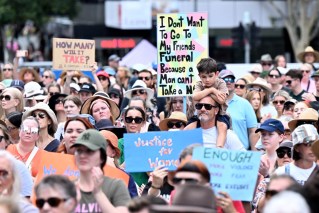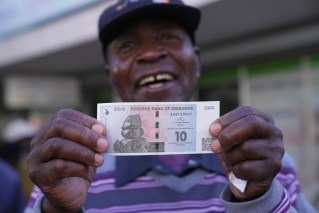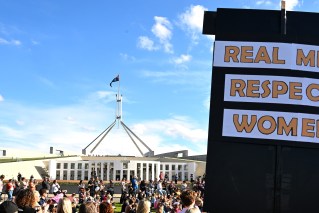Bleak picture: Report finds Cape towns torn apart during COVID
Behind the COVID-19 cordon, some Indigenous communities had a troubled 2020, and the pandemic response only made things worse.
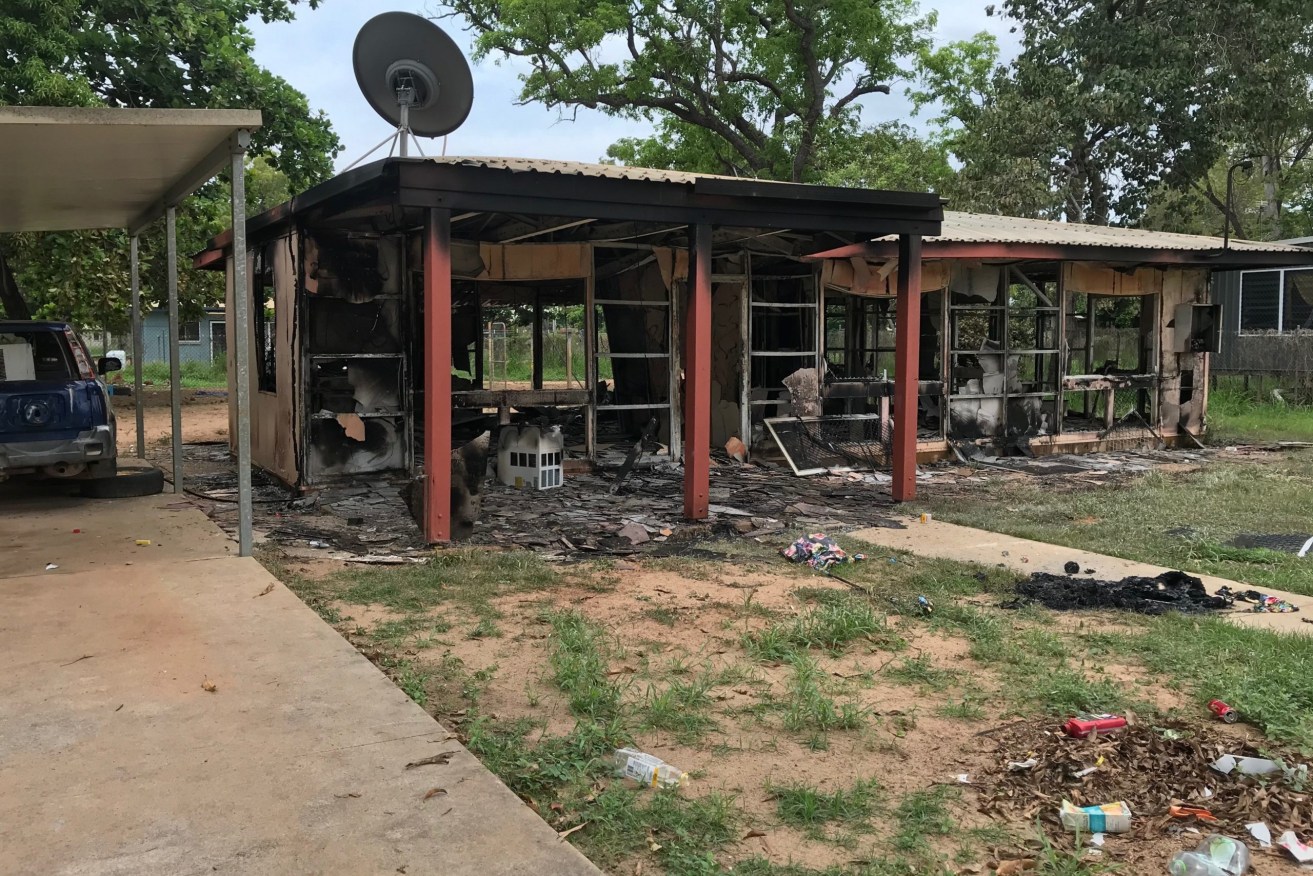
At least six homes were set on fire in Aurukun following the alleged murder of a 37-year-old man. (Photo: AAP Image/Supplied by Queensland Police)
The Family Responsibilities Commission, a welfare reform body established to bring about social and community change, had to suspend or overhaul services to prevent COVID-19 threatening vulnerable populations.
While the commission forged ahead, 2020 was a year of much broader upheaval on the Cape, with an alleged murder in Aurukun in January sparking local unrest and prompting hundreds of people to leave for Weipa, Napranum, Coen, Pormpuraaw, Kowanyama, Cairns and as far south as Townsville.
In Aurukun, school attendance – a key focus of the commission’s work – was affected with about 25 per cent of students no longer living in the community and having to be reported as absent from class.
School attendance was also down in Doomadgee and Hope Vale, due to community unrest, the annual wet season and sorry business. The broader travel restrictions required in the early part of the pandemic only entrenched the community divisions.
In Aurukun, even some of the students who remained were not turning up for school, apparently too tired from late night gambling sessions.
“In June 2020 the Commission was informed by reports from Aurukun that the increase to certain welfare payments coupled with restricted activity and movements due to COVID-19 had resulted in a notable increase in gambling,” the commission states in its annual report, tabled in State Parliament yesterday.
“Of greater concern was information received that children were also attending and engaging in gambling circles, in some cases with adult encouragement, and in others, conducting their own gambling activities with significant sums of money in the ‘pot’.”
Around the same time, Doomadgee Roadhouse lifted restrictions on the sale of normal unleaded petrol, leading to an increase in child concern reports to the commission due to more young people sniffing petrol in communities.
Family Responsibilities Commissioner Tammy Williams acknowledged “several large challenges” in 2020 but said she hoped for the continued support of communities and stakeholders to deliver better outcomes.
“As an organisation we have learnt the value of agility in meeting these challenges and have utilised the lessons learnt in forward planning,” Williams said.
In September, a state parliamentary committee considered the last annual report and commended the commission “for the professional and considered approach that it takes in the discharge of its functions”.
